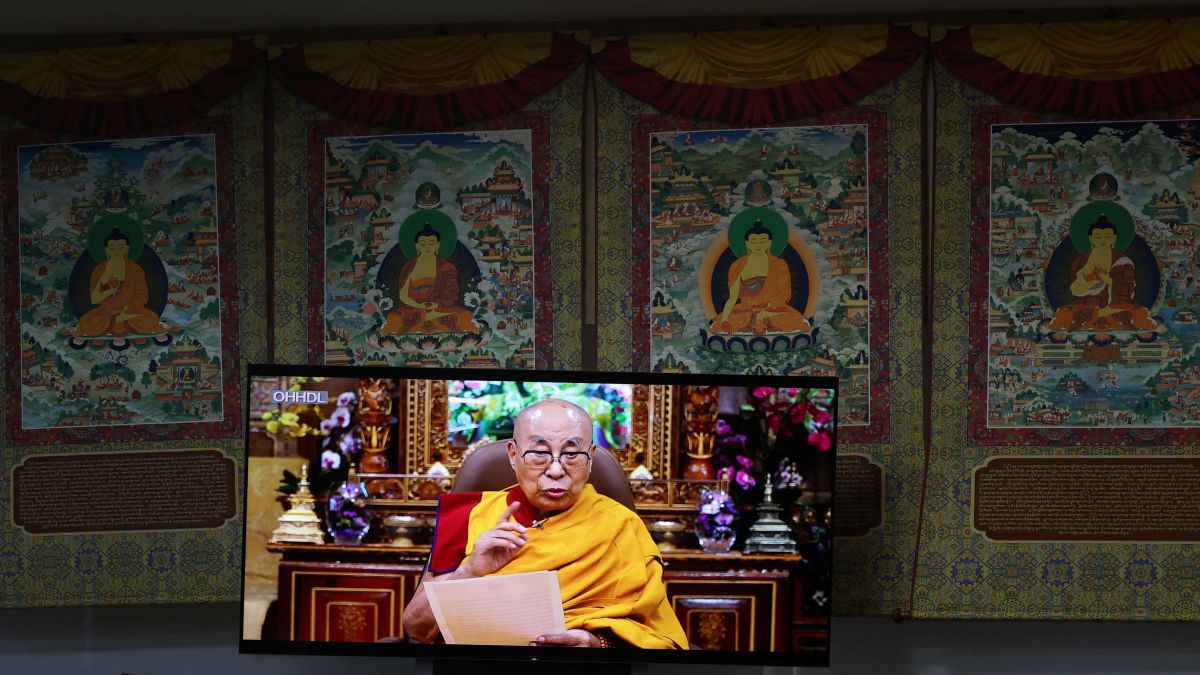As the buzz around the succession of the 14th Dalai Lama gains traction on social media on his 90th birthday, a rattled China has asserted that the spiritual leader doesn’t hold any authority to decide on matters related to the centuries-old reincarnation system.
Chinese Ambassador to India Xu Feihong wrote on X on Sunday (July 6) that the 14th Dalai Lama is only “one part” of the 700-year-old tradition.
“The reincarnation of Dalai Lamas neither began from him nor will end due to him," Feihong wrote.
Facts You Must Know about #DalaiLama Reincarnation:
— Xu Feihong (@China_Amb_India) July 6, 2025
The 14th Dalai Lama has affirmed that the institution of the Dalai Lama will continue. In fact, as a unique succession method of Tibetan Buddhism, the practice of Living Buddha reincarnation has continued over 700 years.… pic.twitter.com/kYgj2LXLub
The envoy described the Living Buddha reincarnation practice as a “distinctive succession tradition of Tibetan Buddhism,” noting that it remains active and widespread, with over 1,000 reincarnation lineages currently thriving in Xizang (Tibet) and Tibetan communities across Sichuan, Yunnan, Gansu, and Qinghai.
What triggered Chinese response?
China’s statement came after the 14th Dalai Lama few days back made it clear that a trust — not the Chinese government — will decide on the matter of succession.
The revered spiritual leader of Tibetan Buddhism clarified his succession plan during a major gathering of Buddhist leaders in Dharamshala to celebrate his 90th birthday.
For the first time, he explicitly stated his belief that he will be reincarnated.
Speaking at the convention, the Dalai Lama outlined that the process to identify the next Dalai Lama will involve consultations with spiritual leaders, the Tibetan Government-in-Exile, and other key figures.
Impact Shorts
More ShortsThis move asserts his authority over the sacred tradition, directly challenging Beijing’s influence.
Beijing quickly fired back , insisting that any reincarnation must have its approval, reigniting tensions over the future of Tibetan spiritual leadership.
The Chinese government in response pointed to a 2007 regulation passed in Tibet asserting state authority over the recognition of reincarnated lamas — a position rejected by the global Tibetan community.


)

)
)
)
)
)
)
)
)



